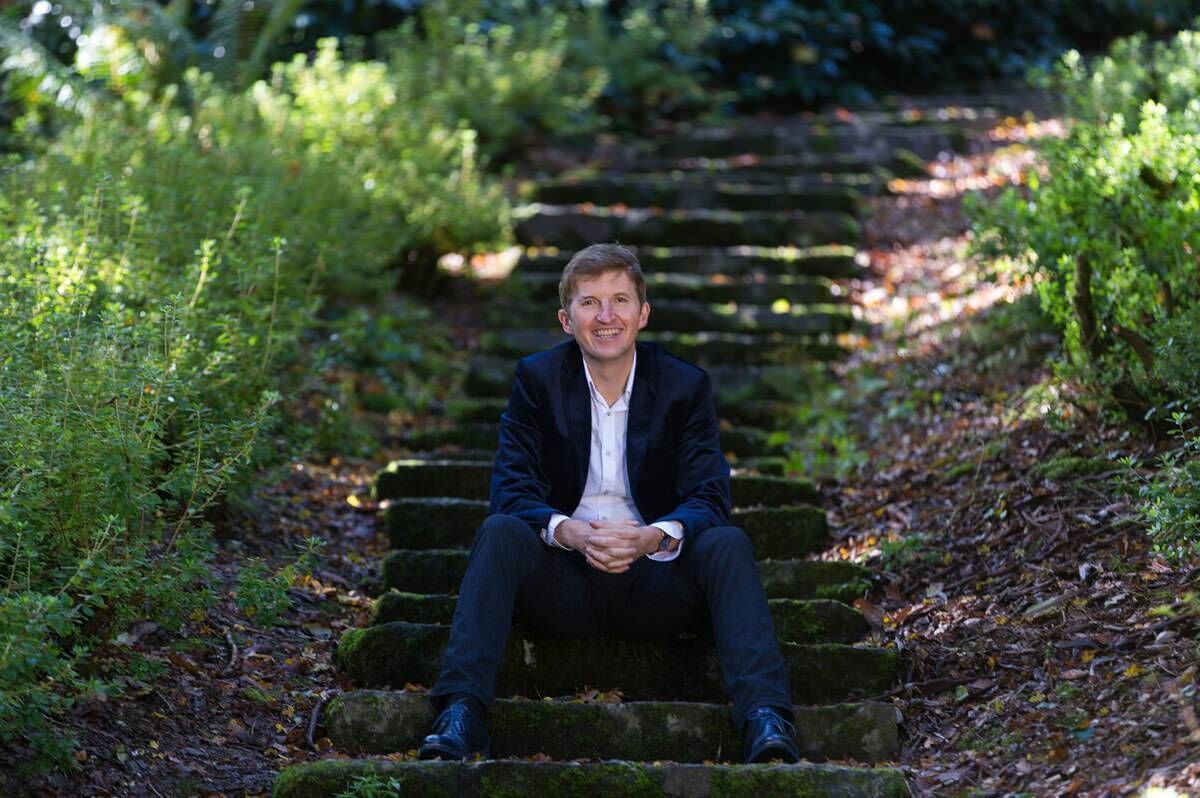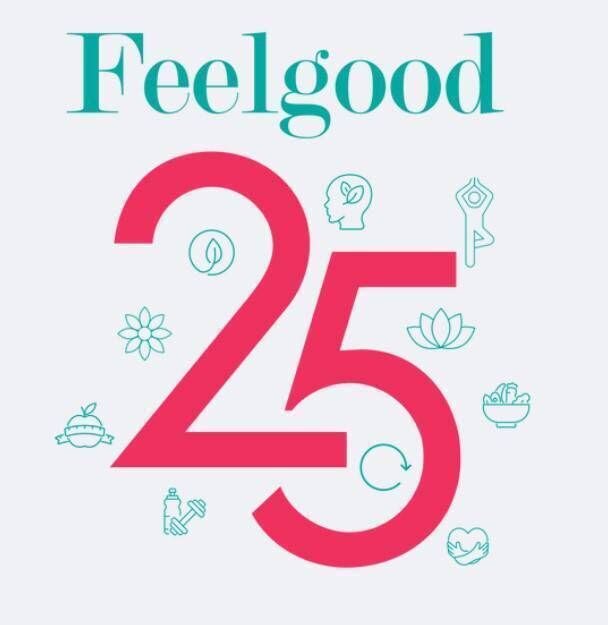Health experts share 25 health tips and top hacks you can trust
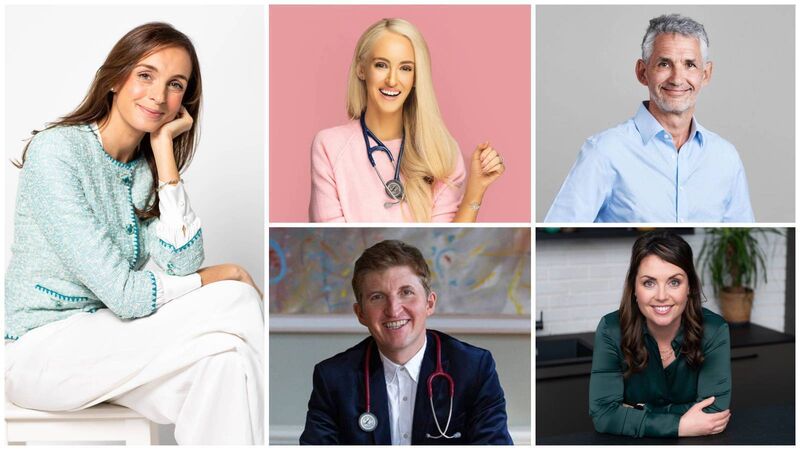
Left to right (clockwise): Dr Aoife Durcan, senior counselling psychologist; Dr Doireann O’Leary, GP; Professor Tim Spector, epidemiologist; Specsavers audiologist, Orla Walsh; and Dr Mark Rowe, GP.
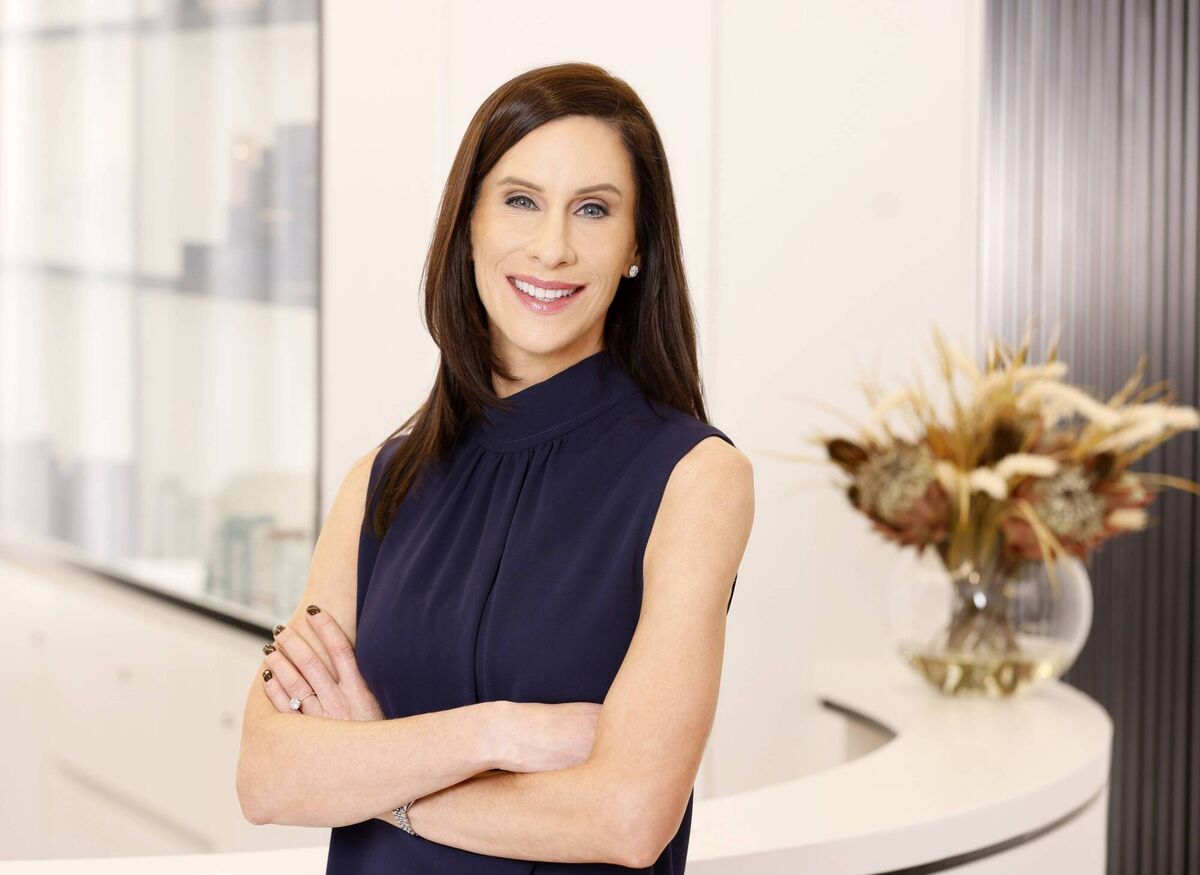
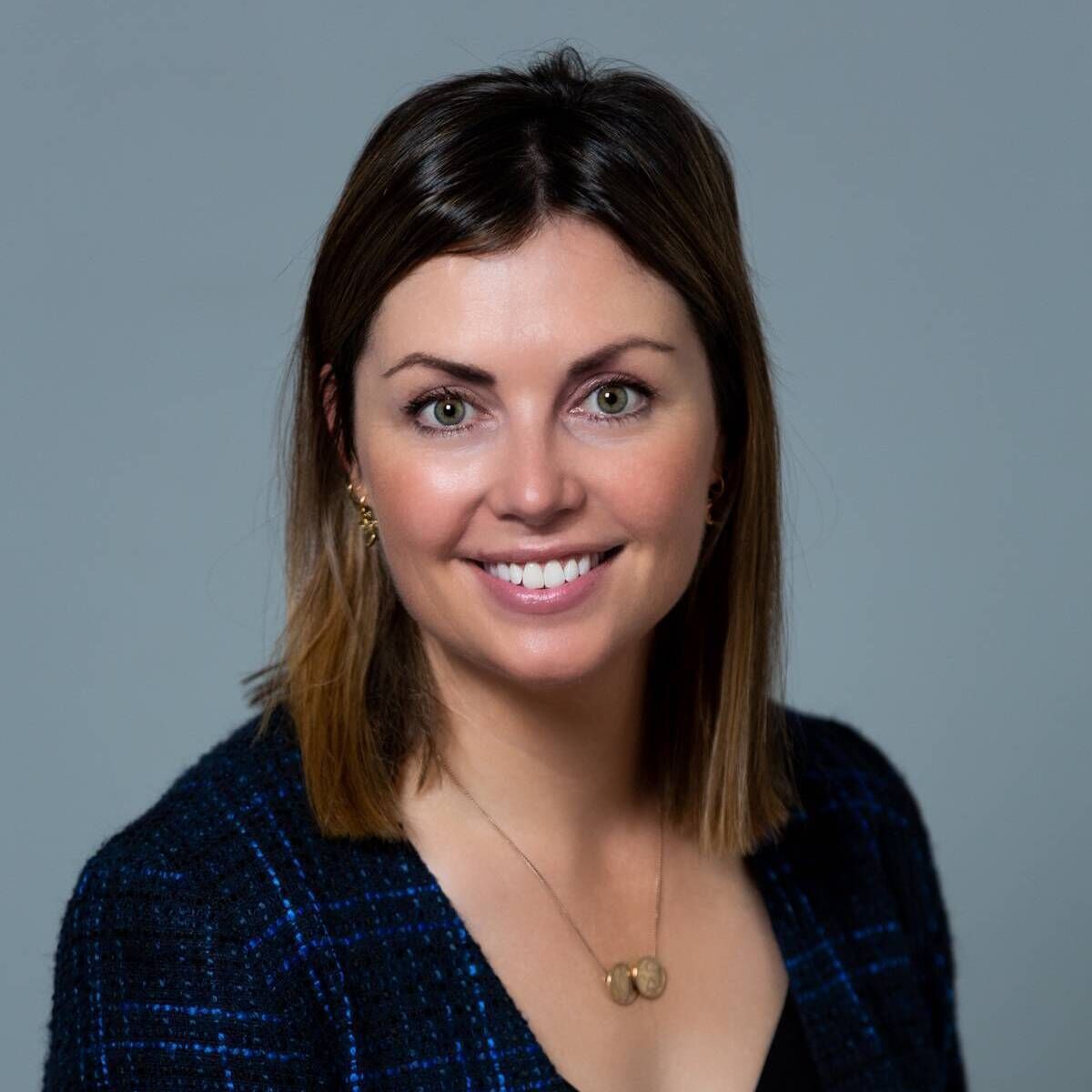
“Whenever I find anxiety creeping in, I remind myself of my favourite mantra, ‘just be here’. This connects me back to the present moment and to whatever it is that I am doing, this simple shift of my attention helps anxiety dissipate instantaneously”.
“Start tracking your menstrual cycle. It’s more than just your bleed. It’s a monthly hormone symphony that impacts your energy, appetite, motivation, sleep, and even how you perform and recover from exercise.

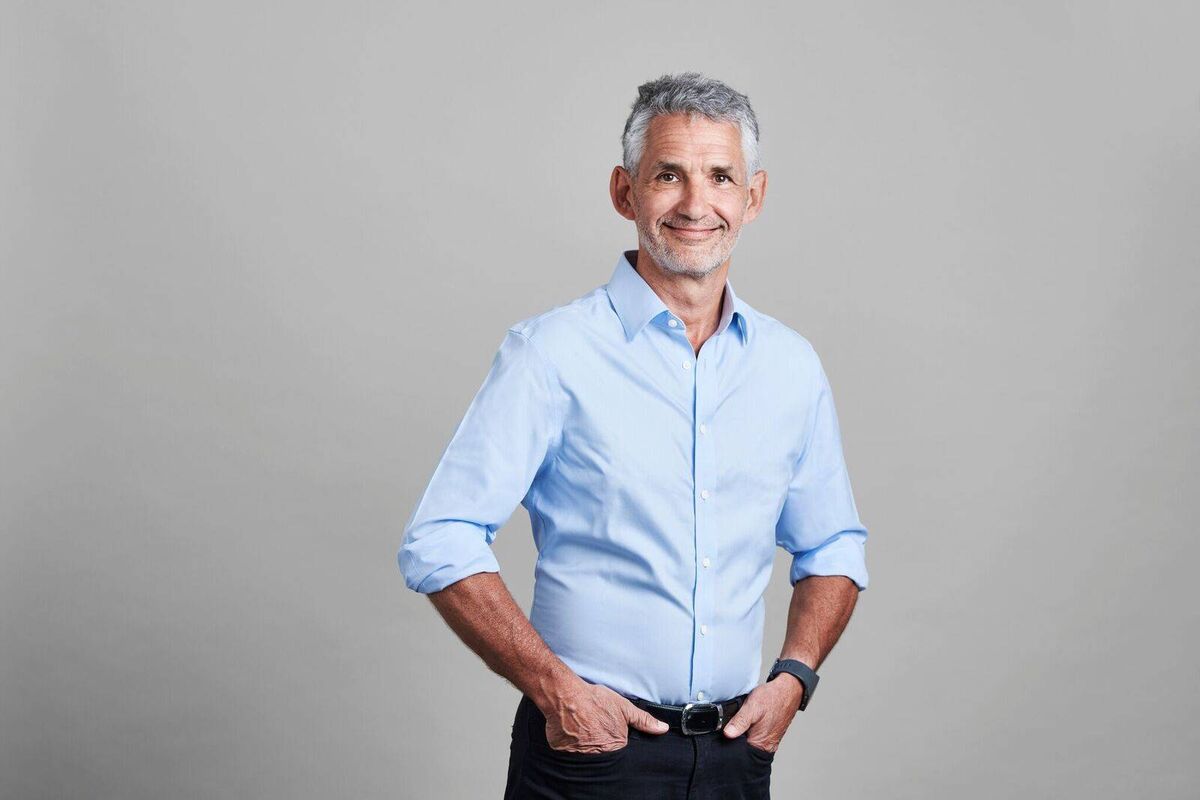
”Make exercise snacks part of your daily routine. Blending exercise with chores, having walking meetings, parking a little farther away or getting off the bus a stop earlier, are simple exercise snacks that will bump up your step count. If you can, set aside 10 minutes a day and build momentum from there”
